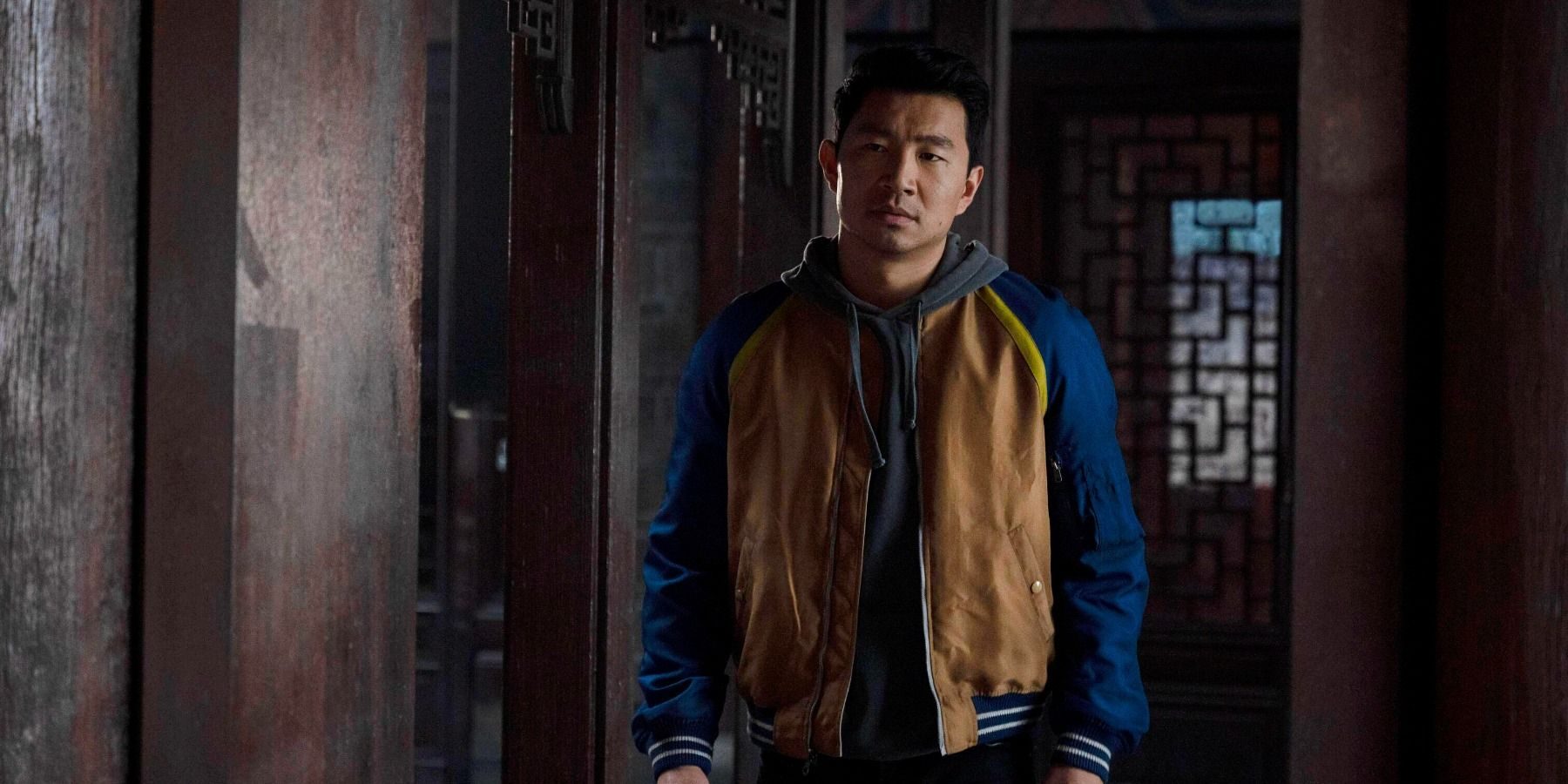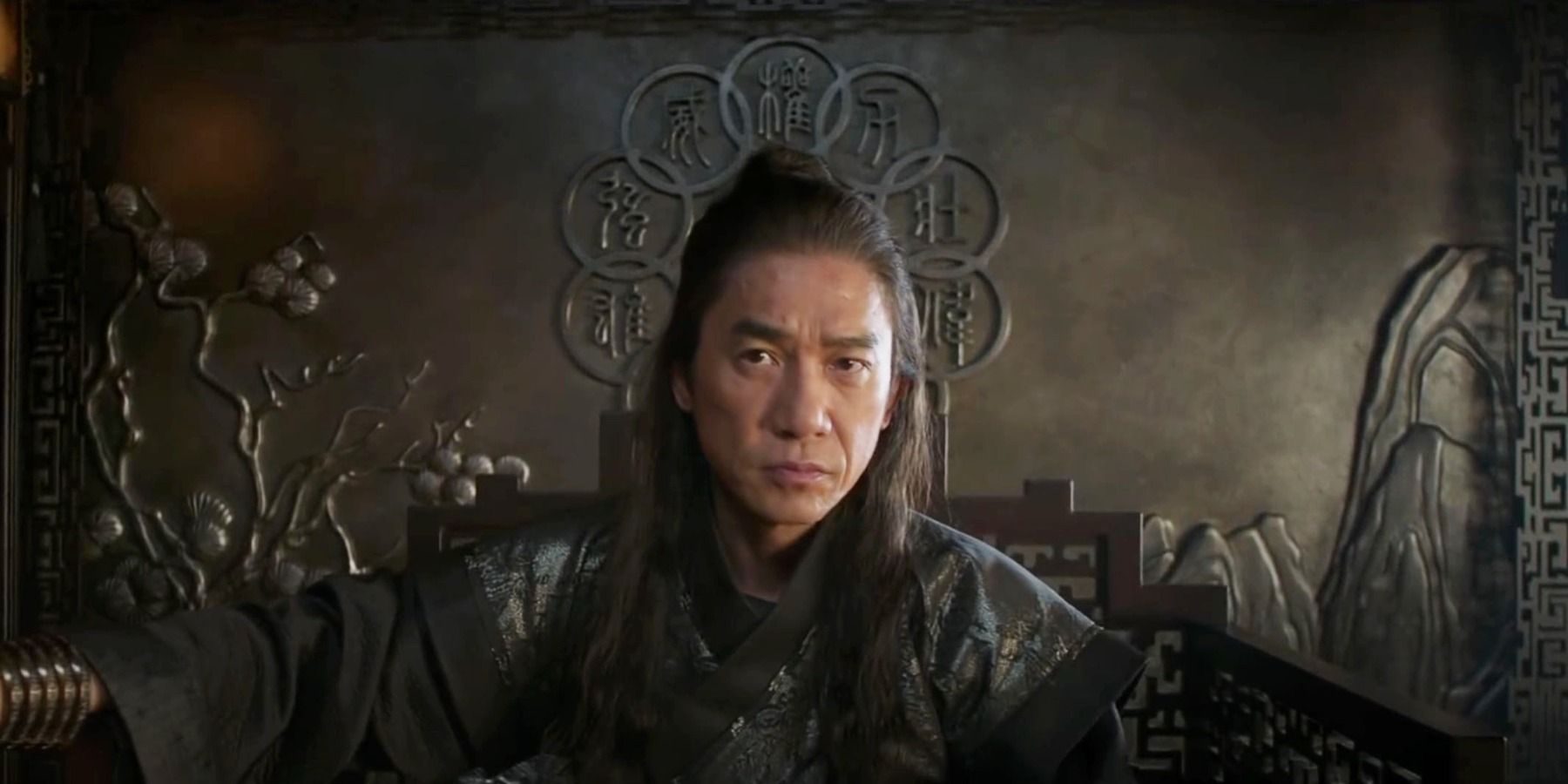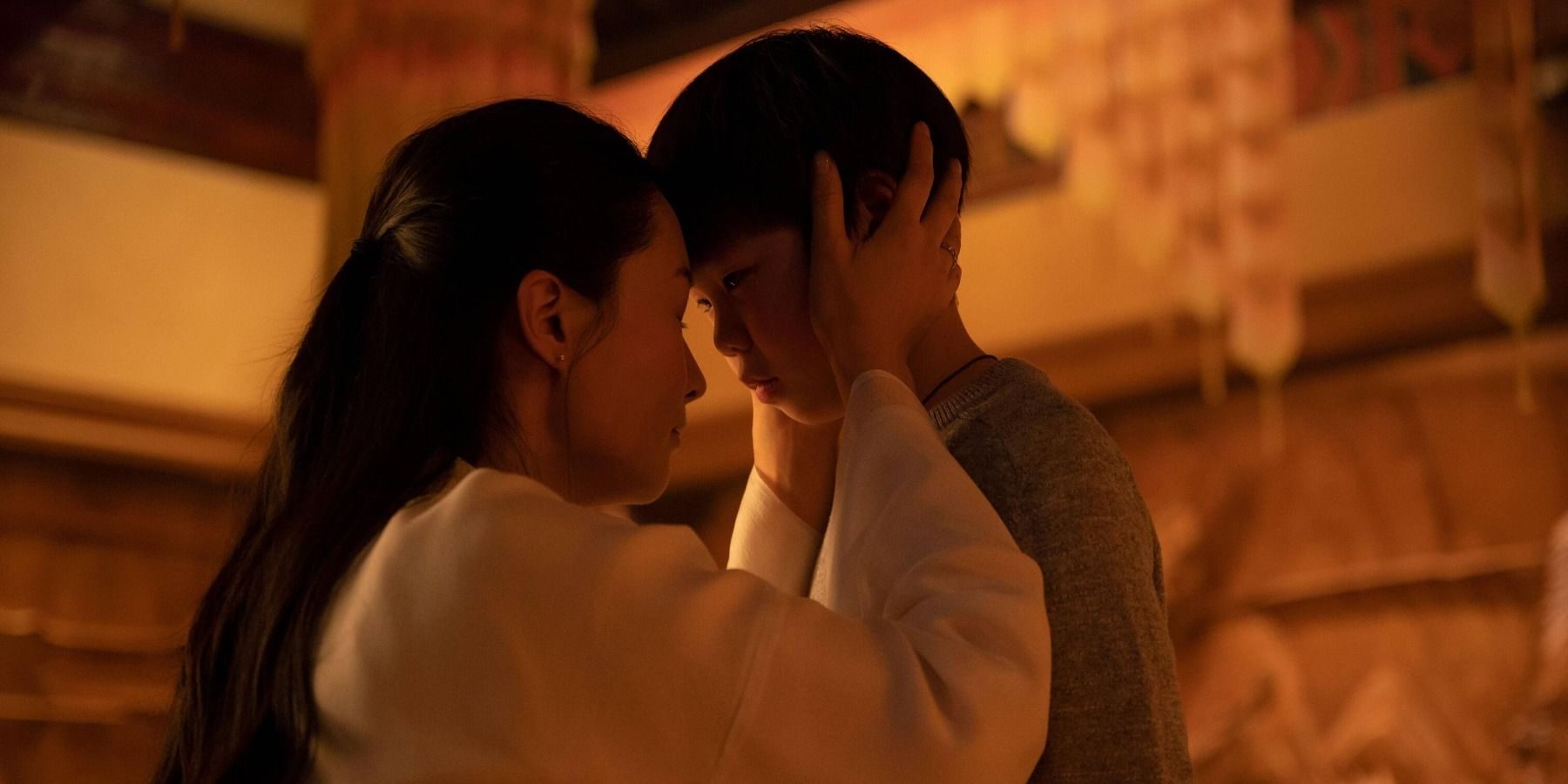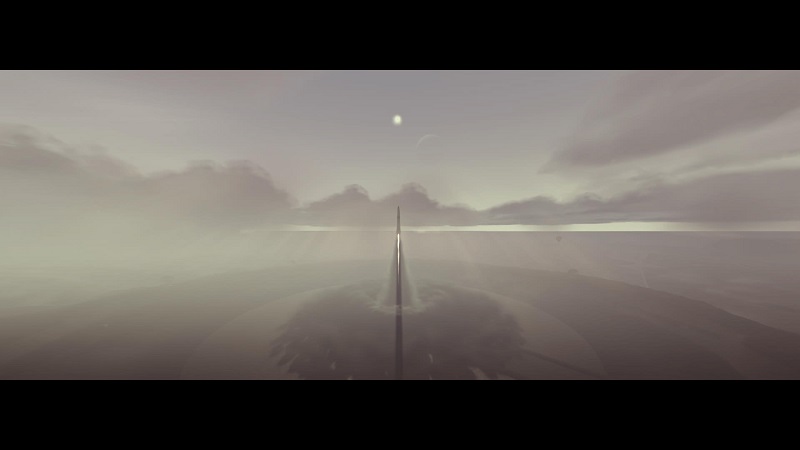The following article contains heavy spoilers for Shang-Chi and the Legend of the Ten Rings.
As Shang-Chi tackles a promising premiere weekend at the box office, Disney executives must contend with the thought that the character and his Ten Rings probably won't be getting close to a Chinese movie theater anytime soon.
However, the fact of the matter is that Shang-Chi’s comic book source material would not have held up in the West either. See, despite Marvel Comics quietly retconning Shang-Chi in recent years, it was impossible to turn a blind eye at the character and his family’s stereotypical nature but as it turns out, it’s those conditions that made up for one of Marvel Studios’ most unique origins stories.
RELATED: Shang-Chi: 8 Unresolved Mysteries & Plot Holes
While the MCU hardly plays completely by the book when adapting comic book storylines, it still tends to take the building blocks for its stories straight out of them, for example, with Iron Man being kidnapped by terrorists or Captain America being frozen for decades; yet, eventually, one can only kill Spider-Man’suncle Ben so many times. In Shang-Chi, writers took a unique opportunity to rewrite much of the character and also redeem the Mandarin’s name from his divisive usage in Iron Man 3.

Shang-Chi’s Mandarin is drastically changed from the comics, where he was mostly an Iron Man foe, now becoming an amalgamation of said Mandarin and the protagonist’s notorious father from the comics, Fu Manchu, a character that has been disowned by Marvel for many years. This makes for an interesting proposition in Shang-Chi, where instead of only having to introduce a hero and an inconsequential villain, elevating the Mandarin/Wenwu to the same level as this new Avenger, a rare feat few MCU movies can brag about.
The result is a film that, for the most part, stands on its own rather than being plastered with fan service or forced connections to the rest of the MCU because it’s already quite busy letting its own characters develop as much as they have to. Besides Abomination and Wong’s brief cameo in Macau and the mandatory after-credits scene, Shang-Chi manages to be a true solo story even after the magnitude of the events from Avengers: Endgame, which are referenced in the casual manner one would expect in day-to-day life and not as defining moments for each of the characters.
As for Trevor Slattery’s appearance, though it might be argued that his time on-screen edges on the longer side, his inclusion is in itself an admission by Marvel Studios that the Mandarin deserved so much more, as teased in the All Hail the King short that came bundled with Thor: The Dark World. Wenwu, masterfully played by Tony Leung, gets as much character exposition and development as Marvel’s best villains so far.

Speaking of which, much like Black Panther’s Killmonger, Wenwu's ability to define character traits in his children comes from the family bond that exists between protagonist and villain, even with Wenwu ultimately not being the movie’s real enemy. Shang-Chi successfully delivers an intriguing self-contained world of superheroes that’s isolated from the rest of the MCU, even packed with its own secret and withdrawn land as Ta-Lo’s mystical borders make entering pre-T’Challa Wakanda look like a field trip in comparison.
There are countless differences between MCU Shang-Chi and the version from the comics, yet it’s impossible to think that Marvel Studios has not done a fantastic work bringing Shang-Chi into the MCU. At the same time, this has been done by rewriting a character that was solely created in the 70s as Marvel Comics’ answer to Bruce Lee’s popularity, a phenomenon that was capable of pushing Enter the Dragon to eclipse the worldwide earnings of movies like Star Wars.

Canadian actor Simu Liu has expressed his satisfaction over what Shang-Chi does in terms of representation for Asian minorities, quite similar to what the universally acclaimed Black Panther does for African culture. In the end, Shang-Chi does much more than that as it represents Marvel going full circle from its Bruceploitation of Chinese culture and Hong Kong cinema to produce a new origin story that’s not plagued by racial stereotypes.
The bridge for Shang-Chi to cross over to China may have been burned decades ago due to the mere existence of its source material, considered so offensive the movie’s unpopularity extends well into Chinese social media, but at the very least Marvel Studios will be able to say it tried.
By doing so, the MCU built Shang-Chi almost from the ground up to make for one of its best origin films that showcases an incredibly well-layered villain in the Mandarin, exciting martial arts action, and a captivating story about finding one's own family roots. While large cultural differences may still exist and it may not quite reach the heights of Black Panther, Shang-Chi’s reviews prove that -at least when it comes to the MCU- the Ten Rings are an absolute knockout punch.
MORE: Pokemon GO: Promo Codes for Free Stuff (September 2021)



